
A pillangó útja
¥58.04
Все советы даются для выращивания винограда в нашем климате! Особое внимание уделяется формированию куста с помощью обрезки, позволяющей регулировать его плодоношение. В книге представлено: ? Описание современных сортов винограда: сроки созревания, урожайность, устойчивость к болезням и др. ? Методы ускоренного формирования винограда ? Размножение и посадка: подготовка участка, укоренение черенков ? Уход за виноградником: полив, удобрение, укрытие на зиму, борьба с заморозками, защита от вредителей ? Прививка различными методами ? Сбор урожая ? Осенняя, весенняя и летняя обрезка: преимущества и способы проведения. Vse sovety dajutsja dlja vyrashhivanija vinograda v nashem klimate! Osoboe vnimanie udeljaetsja formirovaniju kusta s pomoshh'ju obrezki, pozvoljajushhej regulirovat' ego plodonoshenie. V knige predstavleno: ? Opisanie sovremennyh sortov vinograda: sroki sozrevanija, urozhajnost', ustojchivost' k boleznjam i dr. ? Metody uskorennogo formirovanija vinograda ? Razmnozhenie i posadka: podgotovka uchastka, ukorenenie cherenkov ? Uhod za vinogradnikom: poliv, udobrenie, ukrytie na zimu, bor'ba s zamorozkami, zashhita ot vreditelej ? Privivka razlichnymi metodami ? Sbor urozhaja ? Osennjaja, vesennjaja i letnjaja obrezka: preimushhestva i sposoby provedenija.

Shirley
¥8.67
The object of this book, which is addressed to all cultured men and women, is to set forth the primitive manifestations of love and to throw light on those strange emotional climaxes which I have called "Metaphysical Eroticism." I have taken no account of historical detail, except where it served the purpose of proving, explaining and illustrating my subject. Nor have I hesitated to intermingle psychological motives and motives arising from the growth and spread of civilisation. The inevitable result of a one-sided glimpse at historical facts would have been a history of love, an undertaking for which I lack both ability and inclination. On the other hand, had I written a merely psychological treatise, disregarding the succession of periods, I should have laid myself open to the just reproach of giving rein to my imagination instead of dealing with reality. I have availed myself of historical facts to demonstrate that what psychology has shown to be the necessary phases of the evolution of love, have actually existed in historical time and characterised a whole period of civilisation. The history of civilisation is an end in itself only in the chapter entitled "The Birth of Europe." My work is intended to be first and foremost a monograph on the emotional life of the human race. I am prepared to meet rather with rejection than with approval. Neither the historian nor the psychologist will be pleased. Moreover, I am well aware that my standpoint is hopelessly "old-fashioned." To-day nearly all the world is content to look upon the sexual impulse as the source of all erotic emotion and to regard love as nothing more nor less than its most exquisite radiation. My book, on the contrary, endeavours to establish its complete independence of sexuality.My contention that so powerful an emotion as love should have come into existence in historical, not very remote times, will seem very strange; for, all outward profession of faith in evolution notwithstanding, men are still inclined to take the unchangeableness of human nature for granted. The facts on which I have based my arguments are well known, but my deductions are new; it is not for me to decide whether they are right or wrong. In the first (introductory) part I have made use of works already in existence, in addition to Plato and the poets, but the second and third parts are founded almost entirely on original research. ?E. L.
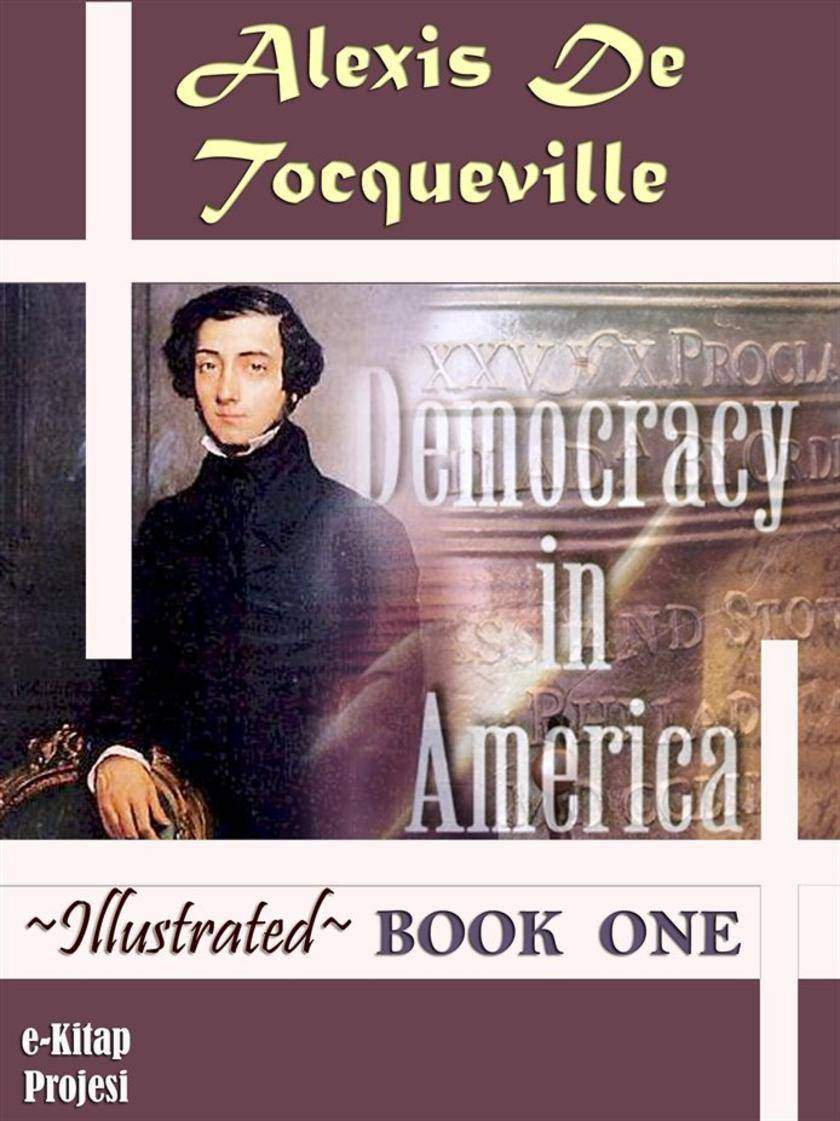
Democracy in America: Book One
¥28.04
A young girl named Fanny Price comes to live with her wealthy uncle and aunt, Sir Thomas and Lady Bertram. Fanny's family is quite poor; her mother, unlike her sister Lady Bertram, married beneath her, and Fanny's father, a sailor, is disabled and drinks heavily. Fanny is abused by her other aunt, Mrs. Norris, a busybody who runs things at Mansfield Park, the Bertrams' estate. The Bertram daughters, Maria and Julia, are shallow, rather cruel girls, intent on marrying well and being fashionable. The elder son, Tom, is a roustabout and a drunk. Fanny finds solace only in the friendship of the younger son, Edmund, who is planning to be a clergyman. Fanny grows up shy and deferential, caught as she typically is between members of the Bertram family. Sir Thomas leaves Mansfield Park for Antigua, where he owns plantations. In his absence, two new figures arrive at Mansfield: Henry and Mary Crawford, the brother and sister of the local minister's wife. Henry and Mary are attractive and cheerful, and they soon become indispensable members of the Mansfield circle. Henry flirts extensively with Maria, who is engaged to marry the boring but wealthy Rushworth. He also flirts with Julia when it suits his purposes. At first, Mary is interested in Tom, the older son and heir, but she soon realizes that he is boring and not really interested in her. She finds herself increasingly attracted to Edmund, although the prospect of marrying a clergyman does not appeal to her, and she is often cruel to him on this account. In the meantime, Fanny has innocently fallen in love with Edmund, although she does not even admit this to herself. Yates, a visiting friend of Tom's, proposes that the group should put on a play. His idea is eagerly received by all except for Edmund and Fanny, who are horrified at the idea of acting. The play goes on anyways, however; Maria and Henry, as well as Mary and Edmund (who has been prevailed upon to take a role to avoid bringing in an outsider to play it), get to play some rather racy scenes with one another. When one of the women cannot make a rehearsal, Fanny is pressured to take a role. She is almost forced to give in when Sir Thomas makes a sudden entrance, having arrived from Antigua. Sir Thomas is unhappy about the play and quickly puts a stop to the improprieties. Since Henry has not declared his love, Maria is married to Rushworth. She and Julia leave Mansfield Park for London. Relationships between the Crawfords and the Bertrams intensify. Edmund nearly proposes to Mary several times, but her condescension and amorality always stop him at the last minute. He confides his feelings to Fanny, who is secretly upset by them. In the meantime, on a lark, Henry has decided to woo Fanny. He is surprised to find himself sincerely in love with her. Fanny has become indispensable as a companion to her aunt and uncle, and on the occasion of her brother William's visit, they give a ball in her honor. Some time after the ball, Henry helps William get a promotion in the Navy. Using this as leverage, he proposes to Fanny, who is mortified and refuses. He continues to pursue her. Her uncle is disappointed that she has refused such a wealthy man, and, as an indirect result, she is sent to stay with her parents in their filthy house. Meanwhile, Edmund has been ordained and continues to debate over his relationship with Mary, to Fanny's dismay. Henry comes to see Fanny at her parents' and renews his suit. He then leaves to take care of business on his estate. Fanny continues to receive letters from Mary encouraging her to take Henry's proposal. A series of events then happen in rapid succession: Tom Bertram falls dangerously ill as a result of his partying and nearly dies; Henry, who has gone not to his estate but to see friends, has run off with the married Maria; Julia, upset over her sister's rash act, elopes with Yates, Tom's friend. Julia and Yates are reconciled to the family. Edmund finally comes and marries Fanny
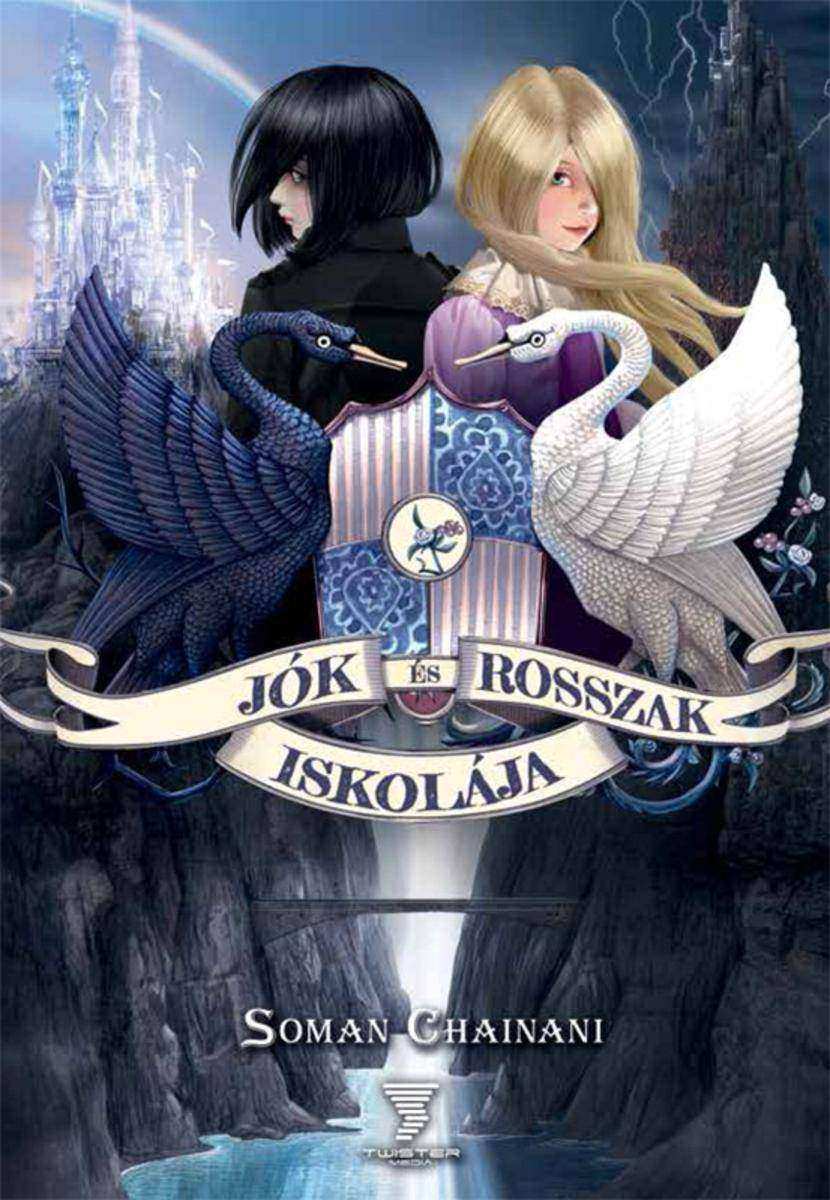
Jók és rosszak iskolája
¥63.03
Разнообразные салаты и закуски Сочное жаркое и паштеты Наваристые супы Румяные отбивные и котлеты Сытные запеканки и жюльены Пышные пироги и др. Что вкусного и полезного подать на ужин Чем порадовать неожиданных гостей Какой доступный продукт станет основой для массы аппетитных и всевозможных блюд Конечно же курица! Открывайте книгу и убедитесь сами! Нежнейшие отбивные, ароматные котлетки, окорочка гриль с золотистой корочкой, хрустящие наггетсы, аппетитное филе с грибами, овощами и фруктами, куриные запеканки с тающей сырной корочкой, фаршированная курочка с самыми разными начинками! Блюда, приготовленные по рецептам книги, украсят и повседневный, и праздничный стол. Raznoobraznye salaty i zakuski Sochnoe zharkoe i pashtety Navaristye supy Rumjanye otbivnye i kotlety Sytnye zapekanki i zhjul'eny Pyshnye pirogi i dr. Chto vkusnogo i poleznogo podat' na uzhin Chem poradovat' neozhidannyh gostej Kakoj dostupnyj produkt stanet osnovoj dlja massy appetitnyh i vsevozmozhnyh bljud Konechno zhe kurica! Otkryvajte knigu i ubedites' sami! Nezhnejshie otbivnye, aromatnye kotletki, okorochka gril' s zolotistoj korochkoj, hrustjashhie naggetsy, appetitnoe file s gribami, ovoshhami i fruktami, kurinye zapekanki s tajushhej syrnoj korochkoj, farshirovannaja kurochka s samymi raznymi nachinkami! Bljuda, prigotovlennye po receptam knigi, ukrasjat i povsednevnyj, i prazdnichnyj stol.

Assassin's Creed: Reneszánsz
¥71.69
The story starts in London on Tuesday, October 1, 1872. Fogg is a rich English gentleman and bachelor living in solitude at Number 7 Savile Row, Burlington Gardens. Despite his wealth, which is ?40,000 (roughly ?3,020,000 today), Fogg, whose countenance is described as "repose in action", lives a modest life with habits carried out with mathematical precision. Very little can be said about his social life other than that he is a member of the Reform Club. Having dismissed his former valet, James Foster, for bringing him shaving water at 84 °F (29 °C) instead of 86 °F (30 °C), Fogg hires a Frenchman by the name of Jean Passepartout, who is about 30 years old, as a replacement. Later on that day, in the Reform Club, Fogg gets involved in an argument over an article in The Daily Telegraph, stating that with the opening of a new railway section in India, it is now possible to travel around the world in 80 days. He accepts a wager for ?20,000 (roughly ?1,510,000 today) from his fellow club members, which he will receive if he makes it around the world in 80 days. Accompanied by Passepartout, he leaves London by train at 8:45 P.M. on Wednesday, October 2, 1872, and thus is due back at the Reform Club at the same time 80 days later, Saturday, December 21, 1872. Mr. Phileas Fogg lived, in 1872, at No. 7, Saville Row, Burlington Gardens, the house in which Sheridan died in 1814. He was one of the most noticeable members of the Reform Club, though he seemed always to avoid attracting attention; an enigmatical personage, about whom little was known, except that he was a polished man of the world. People said that he resembled Byron—at least that his head was Byronic; but he was a bearded, tranquil Byron, who might live on a thousand years without growing old. Certainly an Englishman, it was more doubtful whether Phileas Fogg was a Londoner. He was never seen on 'Change, nor at the Bank, nor in the counting-rooms of the "City"; no ships ever came into London docks of which he was the owner; he had no public employment; he had never been entered at any of the Inns of Court, either at the Temple, or Lincoln's Inn, or Gray's Inn; nor had his voice ever resounded in the Court of Chancery, or in the Exchequer, or the Queen's Bench, or the Ecclesiastical Courts. He certainly was not a manufacturer; nor was he a merchant or a gentleman farmer. His name was strange to the scientific and learned societies, and he never was known to take part in the sage deliberations of the Royal Institution or the London Institution, the Artisan's Association, or the Institution of Arts and Sciences. He belonged, in fact, to none of the numerous societies which swarm in the English capital, from the Harmonic to that of the Entomologists, founded mainly for the purpose of abolishing pernicious insects. Phileas Fogg was a member of the Reform, and that was all. The way in which he got admission to this exclusive club was simple enough. He was recommended by the Barings, with whom he had an open credit. His cheques were regularly paid at sight from his account current, which was always flush. Was Phileas Fogg rich? Undoubtedly. But those who knew him best could not imagine how he had made his fortune, and Mr. Fogg was the last person to whom to apply for the information. He was not lavish, nor, on the contrary, avaricious; for, whenever he knew that money was needed for a noble, useful, or benevolent purpose, he supplied it quietly and sometimes anonymously. He was, in short, the least communicative of men. He talked very little, and seemed all the more mysterious for his taciturn manner. His daily habits were quite open to observation; but whatever he did was so exactly the same thing that he had always done before, that the wits of the curious were fairly puzzled. ABOUT AUTHOR: Jules Gabriel Verne (1828 – 1905) was a French novelist, poet, and playwright best known for his adventure novels and his profound influence on the literary genre of science fiction. Born to bourgeois parents in the seaport of Nantes, Verne was trained to follow in his father's footsteps as a lawyer, but quit the profession early in life to write for magazines and the stage. His collaboration with the publisher Pierre-Jules Hetzel led to the creation of the Voyages Extraordinaires, a widely popular series of scrupulously researched adventure novels including Journey to the Center of the Earth, Twenty Thousand Leagues Under the Sea, and Around the World in Eighty Days.
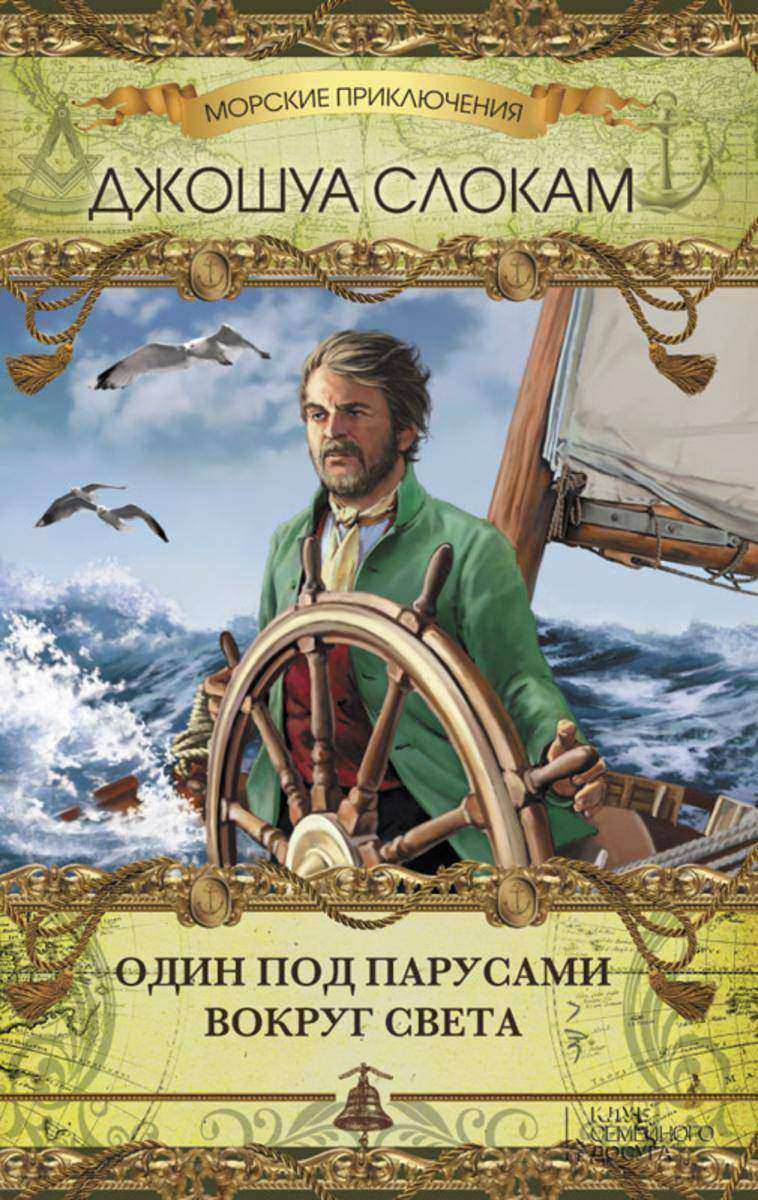
Один под парусами вокруг света, т.10
¥17.74
Mon Agent Андрея М. Мелехова – третий роман об Аналитике. Как и предыдущие книги серии – Malaria и Analyste – Mon Agent представляет из себя необычную комбинацию приключенческого романа и мистического триллера. Он предлагает читателю не только получить удовольствие от весьма неожиданных поворотов нескольких сюжетных линий, но и задуматься над широким кругом философских, религиозных и мировоззренческих проблем, волнующих современного человека.Действие романа происходит в Лондоне и Москве, в Раю и в Преисподней. Его персонажами являются террористы и агенты спецслужб, герои Библии и герои тайных операций, великие пророки прошлого и политики настоящего, ангелы Божьи и слуги Сатаны, люди и говорящие животные. В произведении нашлось место большой любви и большой ненависти, острой политической сатире и тонкому юмору. Как и все книги Мелехова, Mon Agent написан для тех, кто способен подвергнуть сомнению догмы, стереотипы и предубеждения, кто может рассмеяться, говоря даже о весьма серьёзных вещах. Если вы хотите узнать, чем простые (и непростые!) смертные смогли помочь вдруг начавшим стареть и умирать обитателям Рая и как отнеслись бы сегодня люди к новому пришествию Христа – эта книга для вас, читатель! Вам предлагается новая редакция романа.

Избавляемся от болей в ногах, коленях
¥17.74
Соловей – життствердна надзвичайно зворушлива сторя, що розгортаться на тл Друго свтово вйни пд час нацистсько окупац Франц. Двох сестер – В’янн та забель Морак – роздлили час обставини, змусивши кожну йти свом шляхом. Одну – приднатися до партизанського руху спротиву, ншу – длити дах з ворогом та пережити нелюдськ страждання заради порятунку власних дтей. Ця книга – вдверта розповдь про Другу свтову очима жнки та роль у цй вйн, про материнство справжню сестринську любов, про вддансть , зрештою, перемогу.

Быстрая выпечка из готового теста и лаваша.
¥17.99
Що робити, якщо ви почули в дом? кроки граб?жника? Як зрозум?ти, що вашу машину намагаються вкрасти? Як зв?льнитися, якщо ви раптом прокинулися, обмотан? клейкою стр?чкою? ?Шпигунськ? та?мниц?? — практичн? поради колишнього спецагента, як д?яти у небезпечних ситуац?ях. Кумедн? (? не дуже) приклади з реального життя ? розважать, ? покажуть, як не втрапити в халепу.

Kemény motorosok
¥57.31
Соление. Квашение. Маринование ? Соте ? Икра ? Соусы ? Салаты ? Ассорти ? Закуски ? Компоты ? Приправы Новые оригинальные рецепты к сезону консервации! Вам не потребуется много времени и сил, чтобы приготовить эти разносолы как холодным, так и горячим способом консервирования. Вы сможете сохранить витамины и полезные вещества в овощах и фруктах и круглый год баловать себя и близких аппетитными заготовками. Приготовьте перец, фаршированный яблоками, консервированную кукурузу, овощное ассорти, нежные помидорчики с алычой, остренькие патиссоны с чесноком, ягодный конфитюр или тающее во рту сливовое повидло убедитесь – это очень вкусно! Solenie. Kvashenie. Marinovanie ? Sote ? Ikra ? Sousy ? Salaty ? Assorti ? Zakuski ? Kompoty ? Pripravy Novye original'nye recepty k sezonu konservacii! Vam ne potrebuetsja mnogo vremeni i sil, chtoby prigotovit' jeti raznosoly kak holodnym, tak i gorjachim sposobom konservirovanija. Vy smozhete sohranit' vitaminy i poleznye veshhestva v ovoshhah i fruktah i kruglyj god balovat' sebja i blizkih appetitnymi zagotovkami. Prigotov'te perec, farshirovannyj jablokami, konservirovannuju kukuruzu, ovoshhnoe assorti, nezhnye pomidorchiki s alychoj, ostren'kie patissony s chesnokom, jagodnyj konfitjur ili tajushhee vo rtu slivovoe povidlo ubedites' – jeto ochen' vkusno!

Воздушные блинчики, оладьи, вафли.
¥17.99
Кра?на, яку залишили ?? творц?, винах?дники та мислител?, приречена на в?йну, голод ? смерть. Владу захоплюють нев?гласи, корупц?онери й мародери. ?стор?я трива? бодай тому, що одна вольова ж?нка на ?м’я Да?н? Та??арт переконана, що досконалий св?т справжн?х ц?нностей ?сну?. Вона намага?ться зламати сценар?й неминучо? катастрофи. ?? Атлантида не м?ф. У св?т? ще ? см?ливц?, спроможн? створити сусп?льний лад, де нема? конфл?кт?в, не виника? потреби в самопожертв?, жодна людина не становить загрози для мети ?нших. Бунт?вн? атланти знають, що розум таки переможе. Риторичне питання, хто такий Джон ?олт, насправд? ма? в?дпов?дь, а неймов?рн? ?де? — сво? вт?лення, яке проголомшу? людську уяву. В останн?й частин? свого фундаментального роману ?дей Айн Ренд змальову? ц?л?сну ф?лософську систему, яка дос? виклика? палк? дискус??, де в?д захвату до обурення — один крок.

Думай як фр?к
¥29.84
Cosi, riunendo la precisione della forma metrica alla precisione del linguaggio, io ho potuto fare un'opera che è stata intesa parte a parte (e io lo so, perché recitando i miei sonetti vedo in volto i miei uditori) a Napoli come a Roma, e sarà intesa parte a parte a Milano come a Venezia (1894) Un "petit chef-d'uvre", un piccolo capolavoro, come giustamente scrisse Henri Montecorboli presentando ai lettori francesi quello che in Italia fu il caso letterario dell'anno 1894, il poemetto di Cesare Pascarella (1858-1940) che in una incantevole e coerente sequenza di cinquanta sonetti racconta in romanesco "La scoperta de l'America"; o meglio: la sua storia magistralmente riletta e narrata in un'osteria, tra la bevuta di un bicchiere e un altro di vino, da un "Romano de Roma" in un misto, rimasto inconfondibile, di erudizione sui generis e di ironica, sagace e malinconica fantasia popolare. SOMMARIO: Un "petit chef-d'uvre", un piccolo capolavoro... - La scoperta dell'America - Il Caffè Greco - Villa Gloria. LETTURE CRITICHE Ugo Ojetti, Colloquio con Cesare Pascarella - Dino Mantovani, Poeti romaneschi: Cesare Pascarella - Henri Montecorboli, Un poème italienne sur la découverte de l'Amérique - Caras y Caretas (Buenos Aires, 1899). OPERE GIOVANILI Er Fattaccio - Cose der monno - Er morto de campagna - La serenata - Sonetti -LE COLLANE "IN/DEFINIZIONI" E "CON(TRO)TESTI"
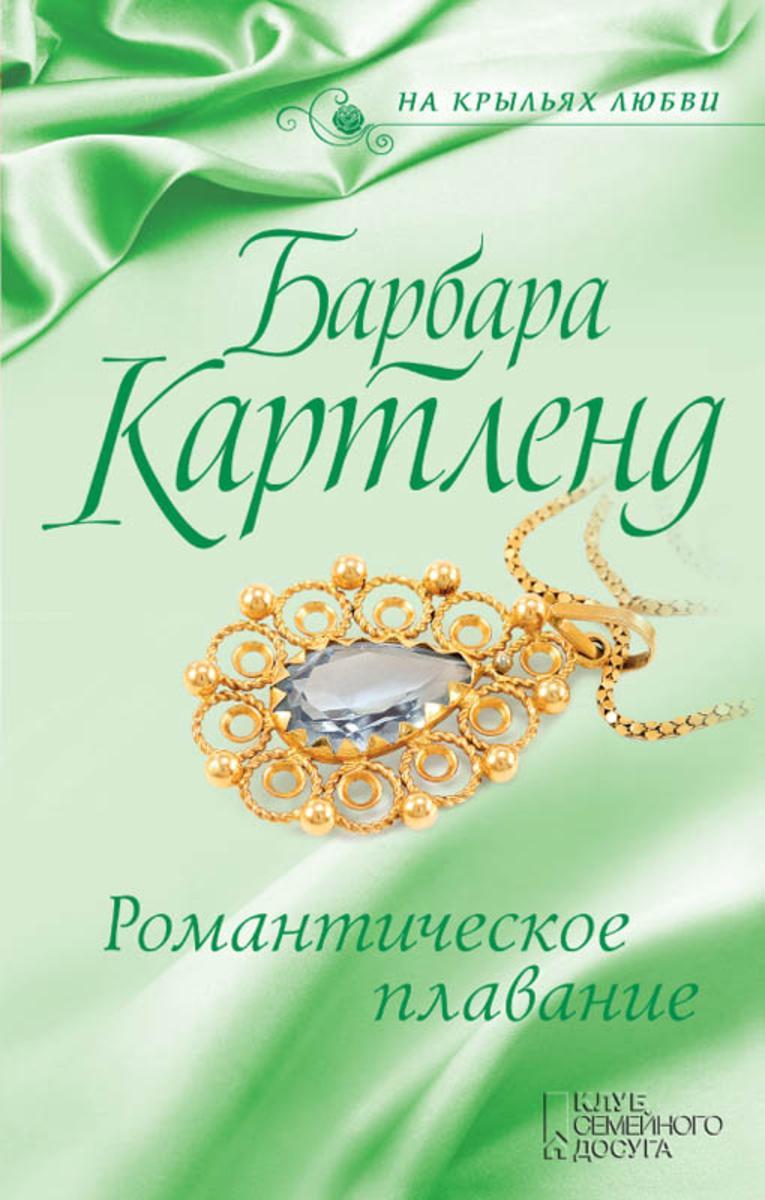
Романтическое плавание (Romanticheskoe plavanie)
¥17.99
To drugie wydanie ?Podró?y marzeń” Agaty W?odek. Ksi??ka powsta?a z potrzeby serca, ch?ci dzielenia si? wra?eniami, prze?yciami, ale te? mnóstwem wiedzy, któr? naby?a podczas podró?owania po Australii. Nie jest kompletnym przewodnikiem ani nie zaskakuje zwrotami akcji… po prostu zabiera nas ze sob? w drog?. Ta podró?, sprowokowana nowym otoczeniem, staje si? dla Agaty po cz??ci podró?? w g??b siebie. Publikacja ta jest dla ludzi, którzy znaj? Australi? z kina, telewizji, sporadycznych lektur. Autorka idealnie odda?a nie tylko australijskie krajobrazy, kontakt z unikatow? przyrod?, ale przede wszystkim luz, który tam panuje, którego tak bardzo nam brakuje. Ksi??ka uruchamia wyobra?ni? czytelnika, prowadzi po australijskich ?cie?kach, zach?ca, inspiruje do podró?y ?ycia, któr? odby?a Agata W?odek. Nie zapomina te? o Aborygenach, rdzennych mieszkańcach tej ziemi. Agata W?odek z wykszta?cenia jest biologiem ?rodowiskowym, z zawodu hotelarzem, a z zami?owania podró?niczk?. Czasem pisze wiersze… W 2014 roku opu?ci?a na 10 miesi?cy Kraków i odby?a podró? swoich marzeń po Australii.

Сырники, творожники, сочни, хачапури и другие блюда с творогом
¥17.74
Gdyby ludzki mózg by? tak prosty, ?e mogliby?my go zrozumie?, byliby?my tak g?upi, ?e nie zrozumieliby?my go i tak. Gdzie tkwi dobro cz?owieka, a gdzie z?o? Co odró?nia nas od zwierz?t? Po co nam emocje? Czy normy etyczne u polityków s? zani?one? Czy pornografia rzeczywi?cie szkodzi? Co dzieje si? w mózgu seksoholików? Czy marihuana ma w?a?ciwo?ci lecznicze? Czemu tak lubimy je??, a nawet si? opycha?? Czy starzenie si? jest nie do unikni?cia? Czy w mózgu znajdziemy kiedy? odpowied? na pytanie, czy Bóg istnieje? Wybitny neurobiolog Jerzy Vetulani w rozmowie z Mari? Mazurek opowiada o tajemnicach skomplikowanego i wci?? nie do końca poznanego organu: ludzkiego mózgu. Podejmuje nie?atwe i cz?sto kontrowersyjne kwestie, takie jak: narkotyki i uzale?nienia, p?e? mózgu, neurobiologia polityki i religii. Wyja?nia dzia?anie naszego wewn?trznego kompasu, zastanawia si? nad rol? sztuki w kszta?towaniu mózgu, mówi o konsekwencjach zdrowotnych stresu i metodach walki z nim, a tak?e o wielu innych zjawiskach.
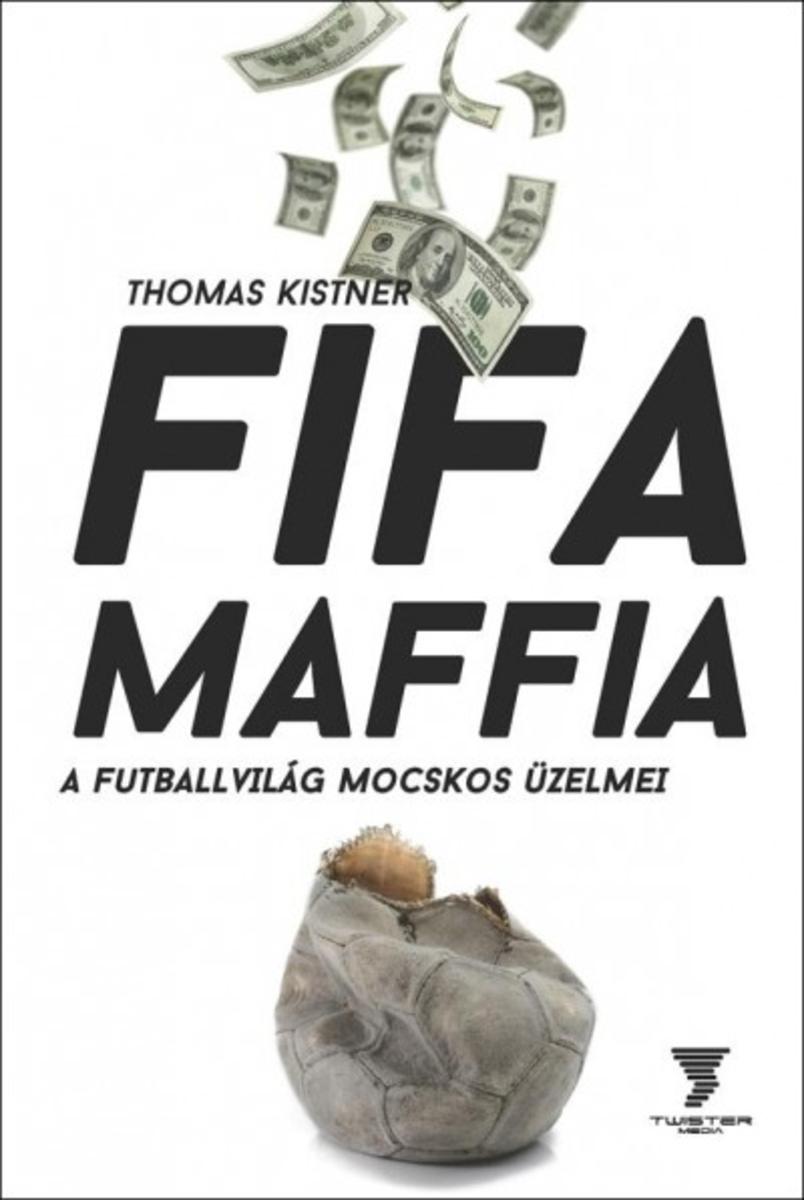
FIFA-maffia: A futballvilág mocskos üzelmei
¥68.83
Более 100 разнообразных рецептов сыров Подробные инструкции Рецепты блюд с готовым сыром Любите сыр и хотите быть уверены в качестве Тогда приготовьте сами! Сделать настоящий сыр в домашних условиях несложно, для этого потребуются простые и доступные продукты, посуда, которая есть в каждом доме, и наша книга. В ней доступно рассказано обо всем, что необходимо знать начинающему сыроделу, даны рекомендации по выбору молока, закваски, ферментов, различных добавок. По предложенным рецептам вы без проблем приготовите вкуснейшие бри, маасдам, маскарпоне, брынзу с лимоном, мягкий сыр с укропом, мраморный сыр, пармезан, гауда, камамбер и др. Bolee 100 raznoobraznyh receptov syrov Podrobnye instrukcii Recepty bljud s gotovym syrom Ljubite syr i hotite byt' uvereny v kachestve Togda prigotov'te sami! Sdelat' nastojashhij syr v domashnih uslovijah neslozhno, dlja jetogo potrebujutsja prostye i dostupnye produkty, posuda, kotoraja est' v kazhdom dome, i nasha kniga. V nej dostupno rasskazano obo vsem, chto neobhodimo znat' nachinajushhemu syrodelu, dany rekomendacii po vyboru moloka, zakvaski, fermentov, razlichnyh dobavok. Po predlozhennym receptam vy bez problem prigotovite vkusnejshie bri, maasdam, maskarpone, brynzu s limonom, mjagkij syr s ukropom, mramornyj syr, parmezan, gauda, kamamber i dr.
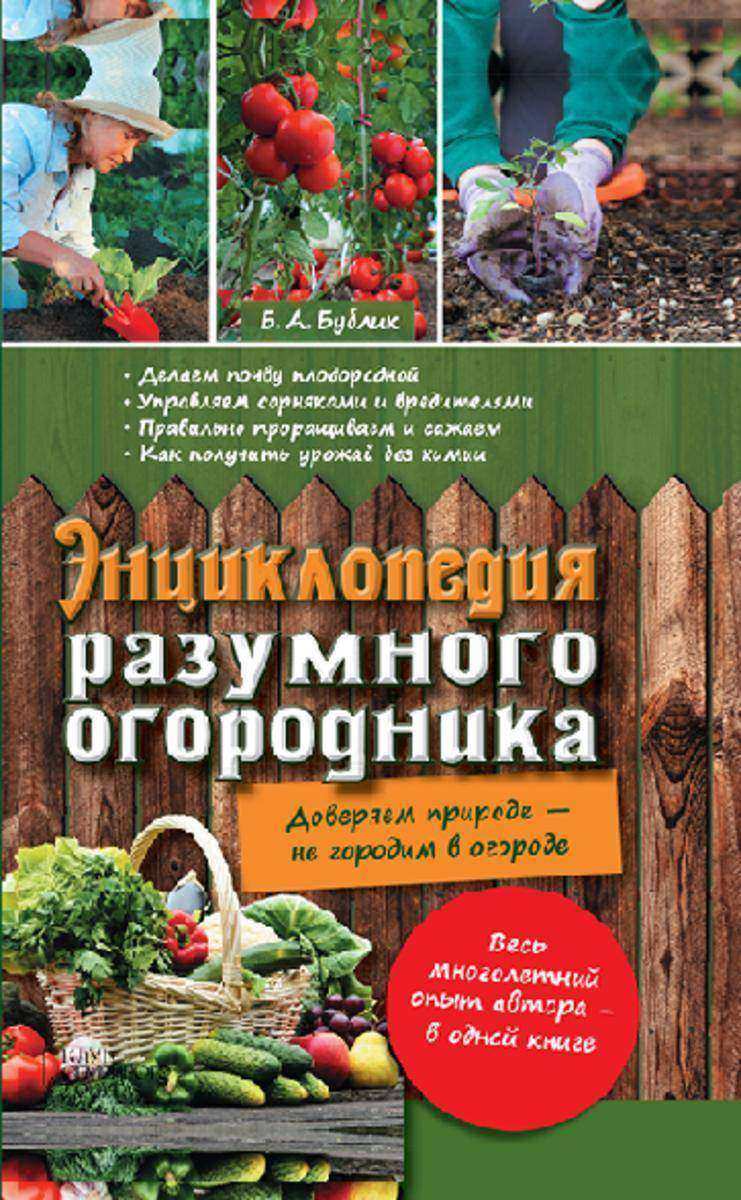
Энциклопедия разумного огородника
¥17.74
Нельсон Мандела — п?вденноафриканський правозахисник, юрист, пол?тик, президент П?вденно-Африкансько? Республ?ки (1994 –??1999 рр.). Мандела був першим президентом ПАР, обраним на демократичних, не сфальсиф?кованих виборах. У сво?й трет?й книз? Нельсон Мандела в?дверто опису? ?н?ц?ац?ю африканських хлопчик?в, побут ? злидн? свого дитинства, навчання й одруження, народження ? смерть сво?х д?тей, жах самотност? в’язня на остров? Роббен ? вистраждану Свободу. Житт?вий досв?д та погляди Нельсона Мандели як н?коли актуальн? в контекст? нин?шн?х укра?нських реал?й, бо ?правда поляга? в тому, що ми ще не в?льн?, ми просто здобули свободу бути в?льними, право не бути пригноблюваними…справжн? випробування нашо? в?дданост? свобод? лише почина?ться?.??

Джемы, конфитюры, пастила, варенье из ягод и фруктов.
¥17.74
П?д час роботи над книгою авторка побувала майже на вс?х континентах, в?дв?дала науков? бази в троп?ках Амазон?? ? на островах Великого бар’?рного рифу, сп?лкувалася з сотнями людей. Колберт шука? в?дпов?дь на питання, що станеться, якщо темпи вимирання прискоряться. Ця книга — не наукова праця. Вона — швидше велетенська стаття для природничого журналу з? св?товим ?м’ям, яку ми ма?мо можлив?сть читати укра?нською. Ел?забет Колберт у сво?й книз? н?кого не повча?. Зрештою, нав?ть не попереджа? про насл?дки нашого бездумного користування планетою. Вона — майстерна ? досв?дчена репортерка, яка простими словами розпов?да? про складн? реч?, в?д котрих залежить майбутн? нашо? планети ?, зрештою, людсько? цив?л?зац?? загалом.

Gleichschaltung. Authoritarian Consolidation in Ukraine 2010–2012
¥76.27
Segundo Eduardo Coutinho, a obra trata de um texto bastante atual, que aborda a cr?nica em vários de seus aspectos, no período que se estende desde a primeira metade do século XX ao início do século XXI, deixando claro que o gênero continua vivo e em plena efervescência no momento presente. Além disso, inclui uma bibliografia relevante e bastante atualizada sobre o assunto e uma rela??o bastante completa de livros de cr?nicas publicados no período de 1936 até o presente.
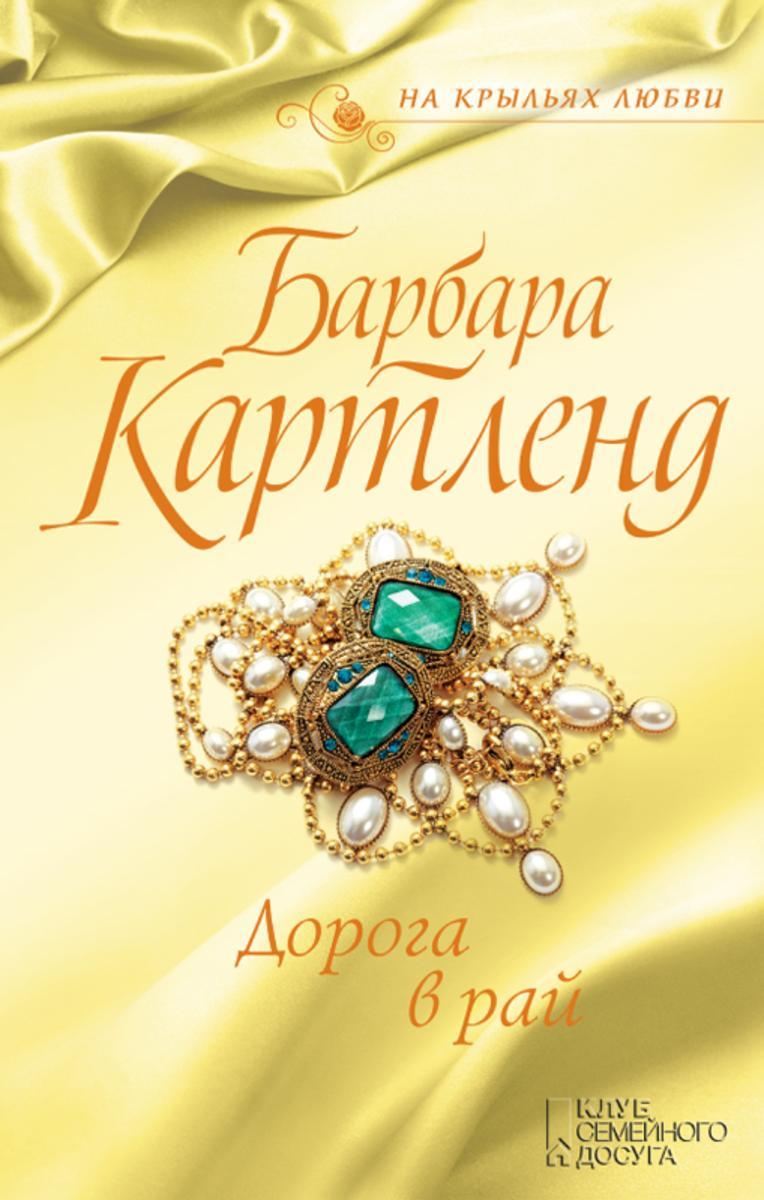
Дорога в рай (Doroga v raj)
¥17.99
Tai pasakojimas apie ma?ut? ?irnio s?kl?, kuri per skyl? ?krenta ? vieno namo stogo pal?p?. Tame name gyvena moteris su dukrele, vardu Karolina. Mergait? sunkiai serga ir d?l to jau seniai guli lovoje. Karolina susidom?jusi stebi ma?? augaliuk?, kuris i?auga i? s?klos. Kas nutiks sergan?ios mergait?s gyvenime? Perskaitykite patys. Pasakojim? papildo gra?ios, spalvotos iliustracijos.
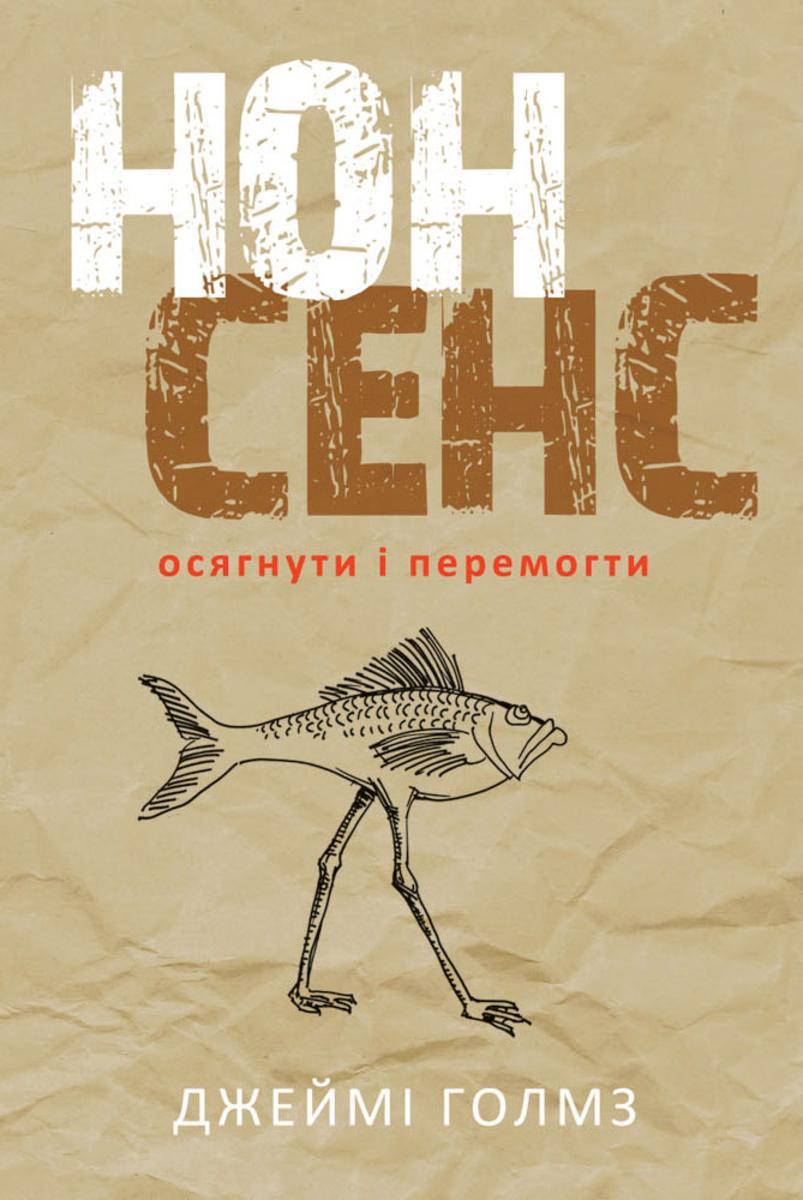
Нонсенс: Осягнути ? перемогти
¥28.61
Quando ‘Il Capitano’ muore, lasciando nel proprio baule la mappa di un’isola dove sembra sia stato nascosto un favoloso tesoro, il dodicenne Jim Hawkins si imbarca con una ciurma non proprio onesta e affidabile, alla ricerca dell’isola. Inattesi ammutinamenti, pericolosi naufragi, fughe e scontri all’ultimo sangue, indimenticabili personaggi come Long John Silver e il pirata abbandonato Ben Gunn sono il contorno della più straordinaria storia di pirati di tutti i tempi.
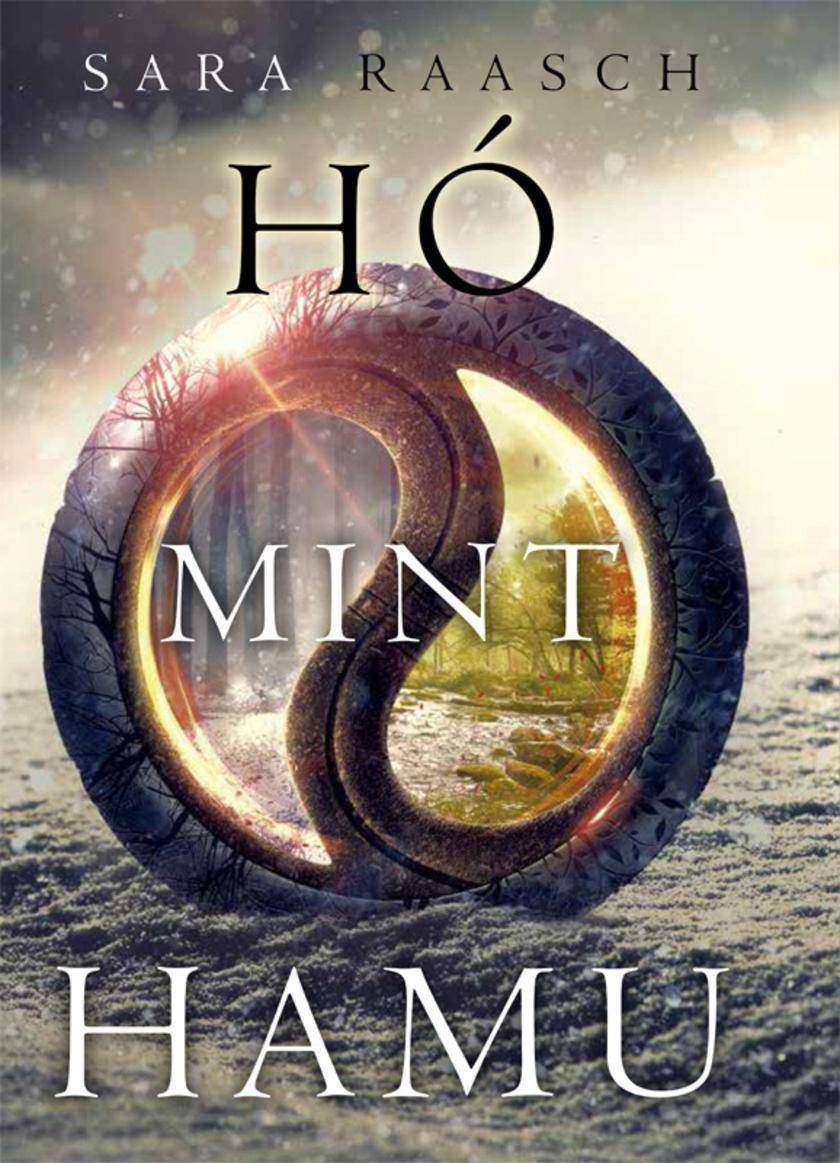
Hó, mint hamu
¥68.83
Ароматная пицца с хрустящей корочкой, пироги с сочной начин?кой – это невероятно вкусно! В книге собраны очень простые и доступные даже для начинающих кулинаров рецепты угощений из дрожжевого, бездрожжевого, слоеного, бисквитного теста. Приготовить их можно в духовке, мультиварке или даже на обычной сковороде. Медовый пирог с грушами, пицца на сковороде, пицца с грудинкой, лимонный пирог, манник с вишней, киш с помидорами, пирог с курицей, фокачча с сыром, шарлотка с яблоками, пирог с капустой – с таким разнообразием рецептов вы сможете чаще радовать родных вкусной выпечкой. Aromatnaja picca s hrustjashhej korochkoj, pirogi s sochnoj nachin?koj – jeto neverojatno vkusno! V knige sobrany ochen' prostye i dostupnye dazhe dlja nachinajushhih kulinarov recepty ugoshhenij iz drozhzhevogo, bezdrozhzhevogo, sloenogo, biskvitnogo testa. Prigotovit' ih mozhno v duhovke, mul'tivarke ili dazhe na obychnoj skovorode. Medovyj pirog s grushami, picca na skovorode, picca s grudinkoj, limonnyj pirog, mannik s vishnej, kish s pomidorami, pirog s kuricej, fokachcha s syrom, sharlotka s jablokami, pirog s kapustoj – s takim raznoobraziem receptov vy smozhete chashhe radovat' rodnyh vkusnoj vypechkoj.
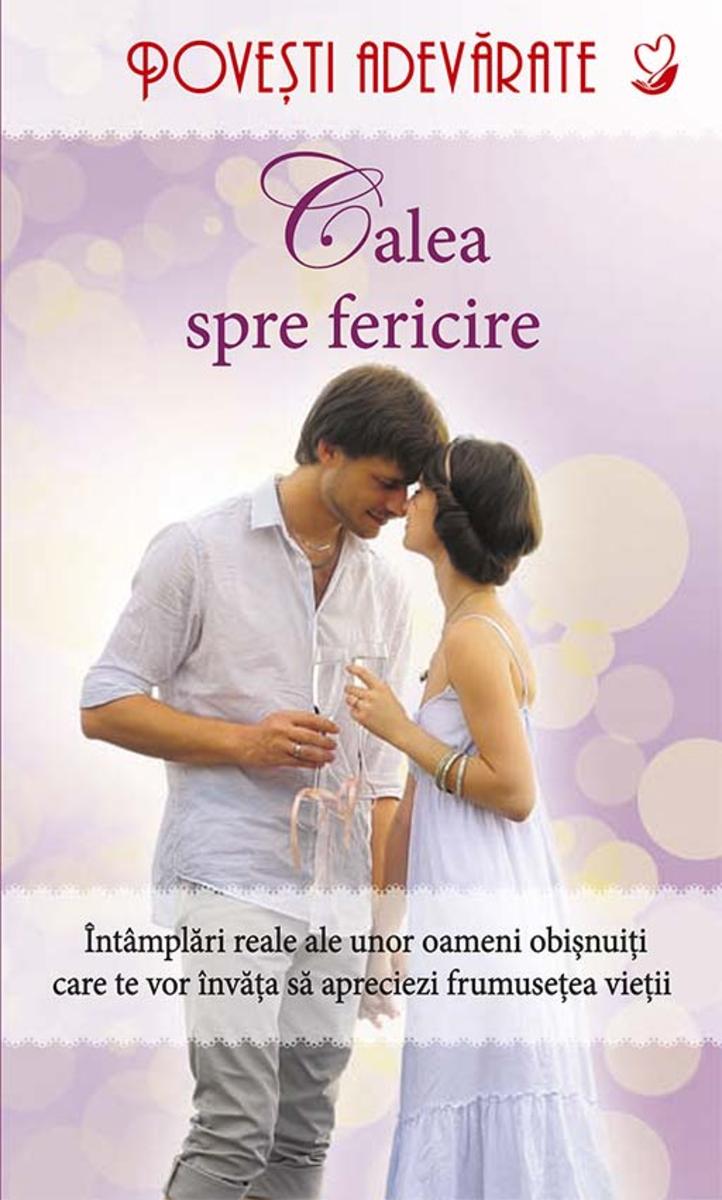
Calea spre fericire. Pove?ti adev?rate. Vol. 2
¥11.04
No caso da episteme comunicacional pode-se dizer que a mesma vem-se constituindo na historicidade de conceitos chave e de hipóteses clássicas que têm nutrido o pensamento teórico e a pesquisa empírica do campo. Pensando a episteme comunicacional trata disso, ou seja, do objeto comunica??o em sua trajetória por fazer-se, a qual, ao acumular-se, permite a renova??o do que foi pensado a seu respeito e a prospec??o de novos pontos de vista.




 购物车
购物车 个人中心
个人中心



